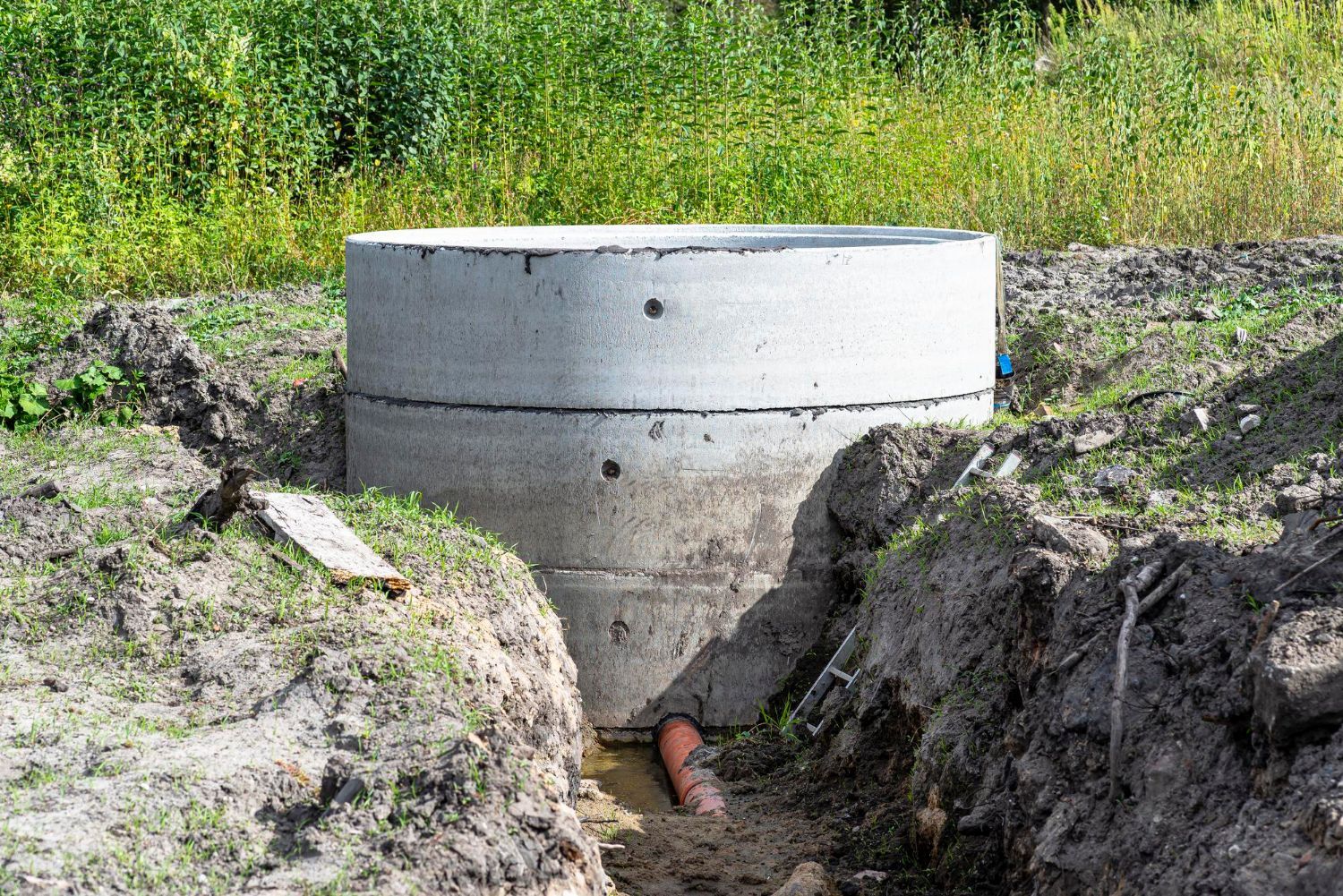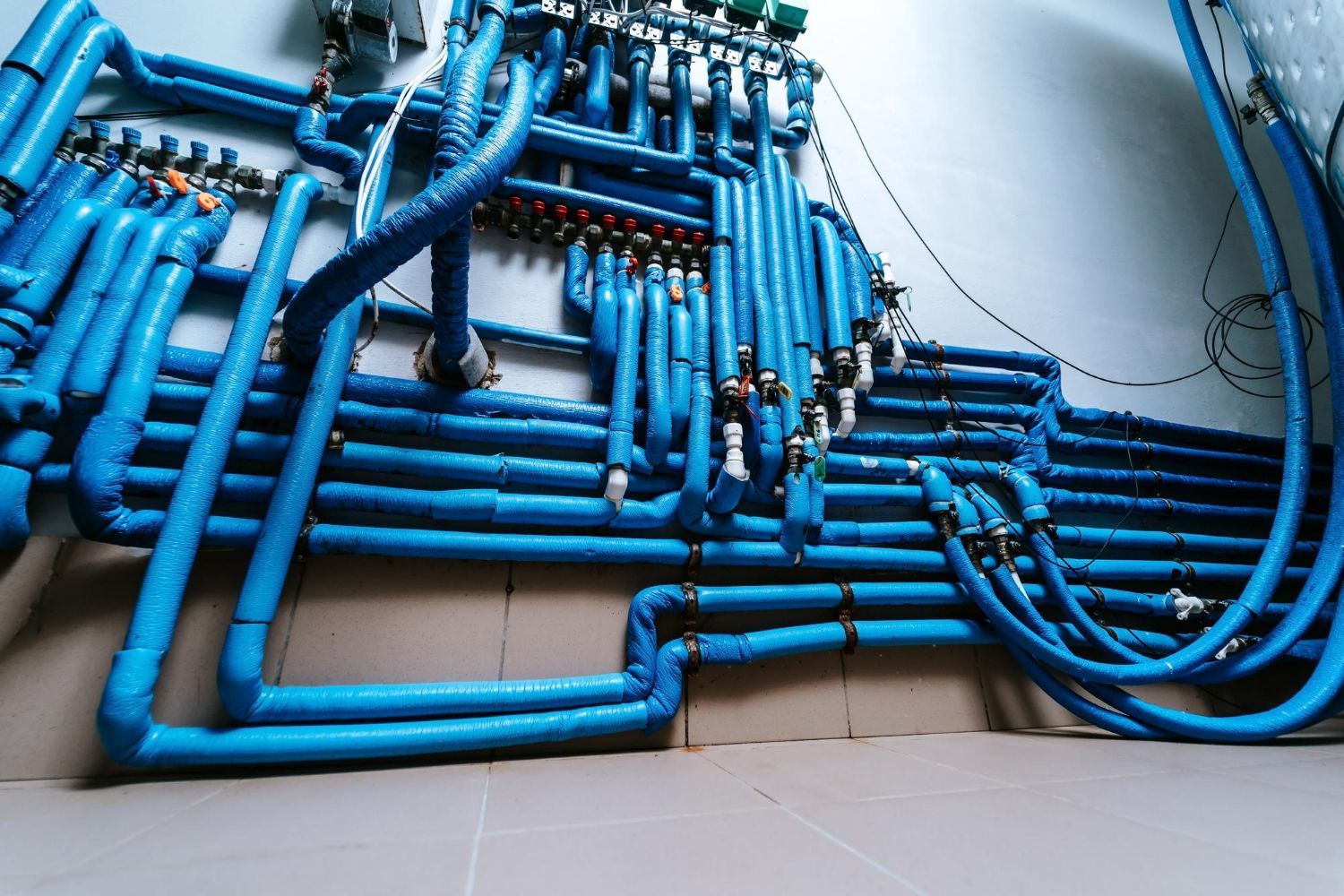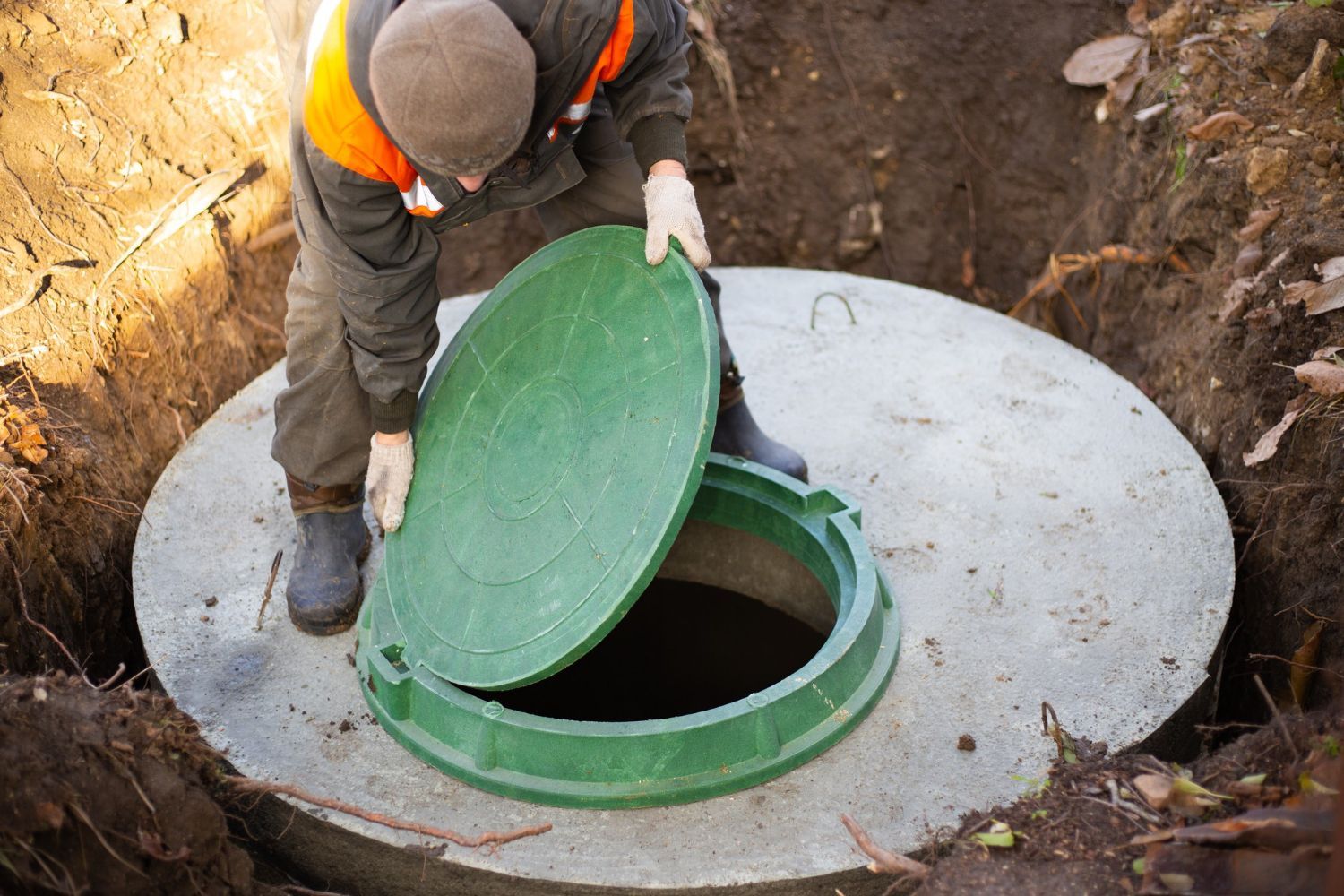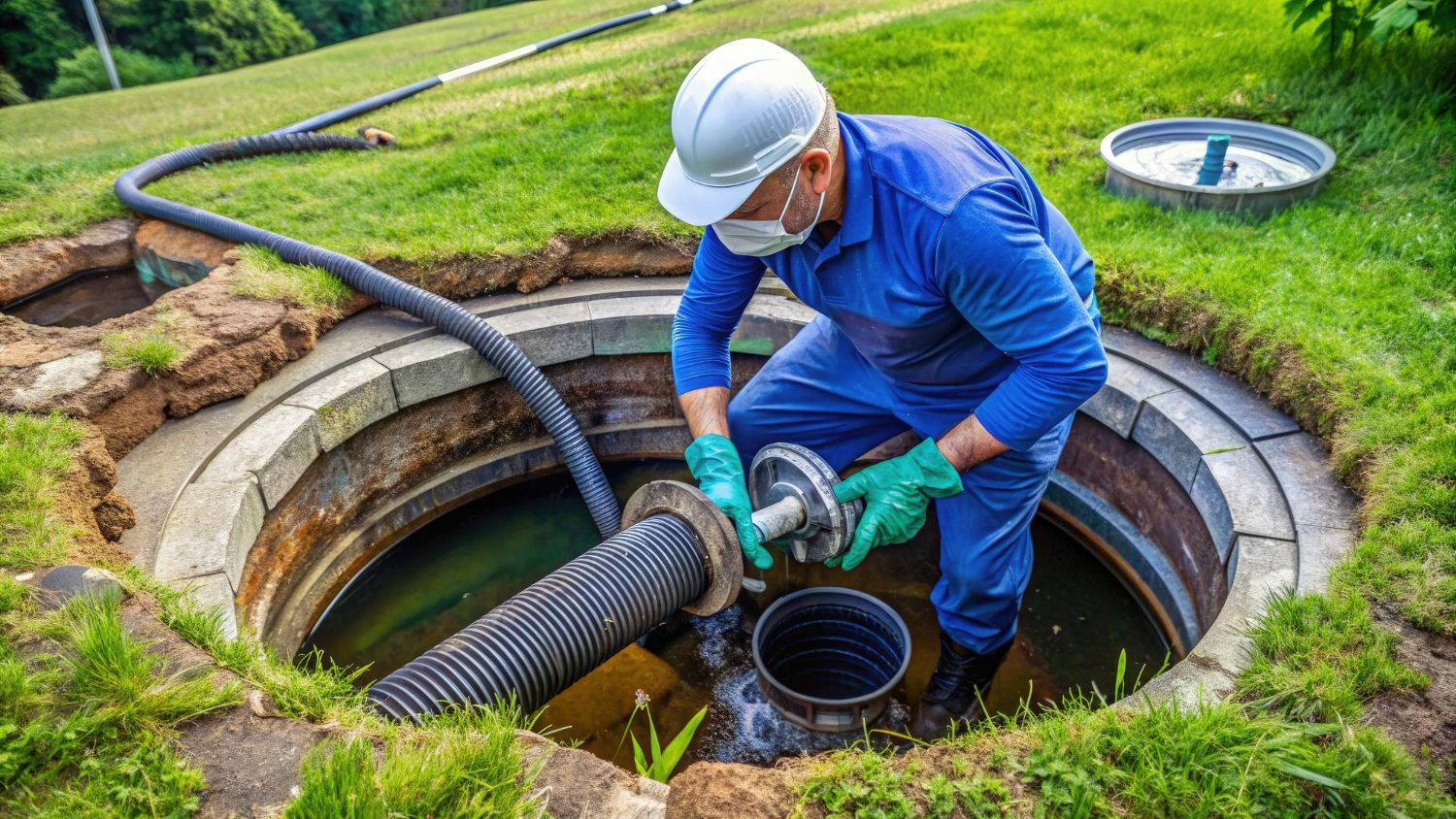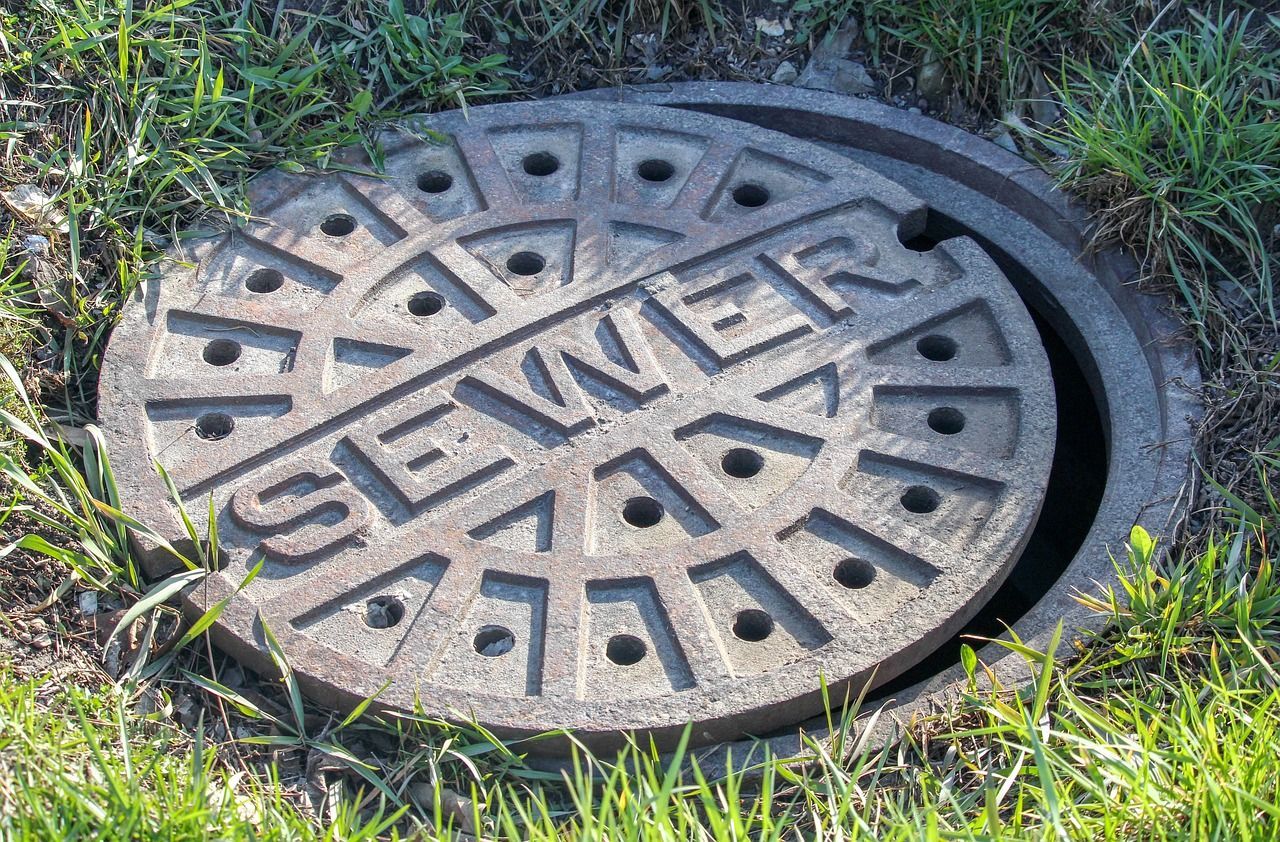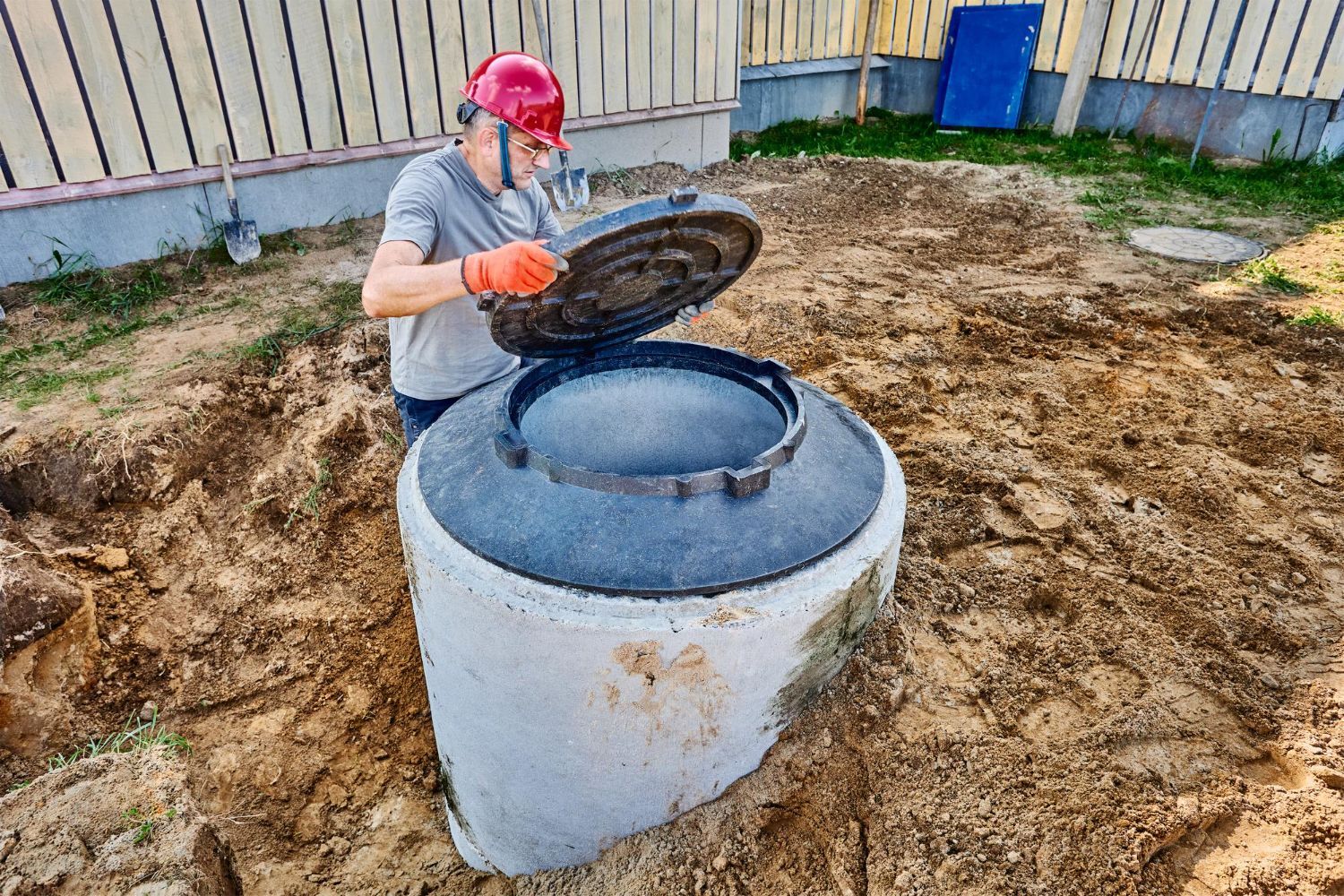How to Tell If Your Home Needs Septic Services
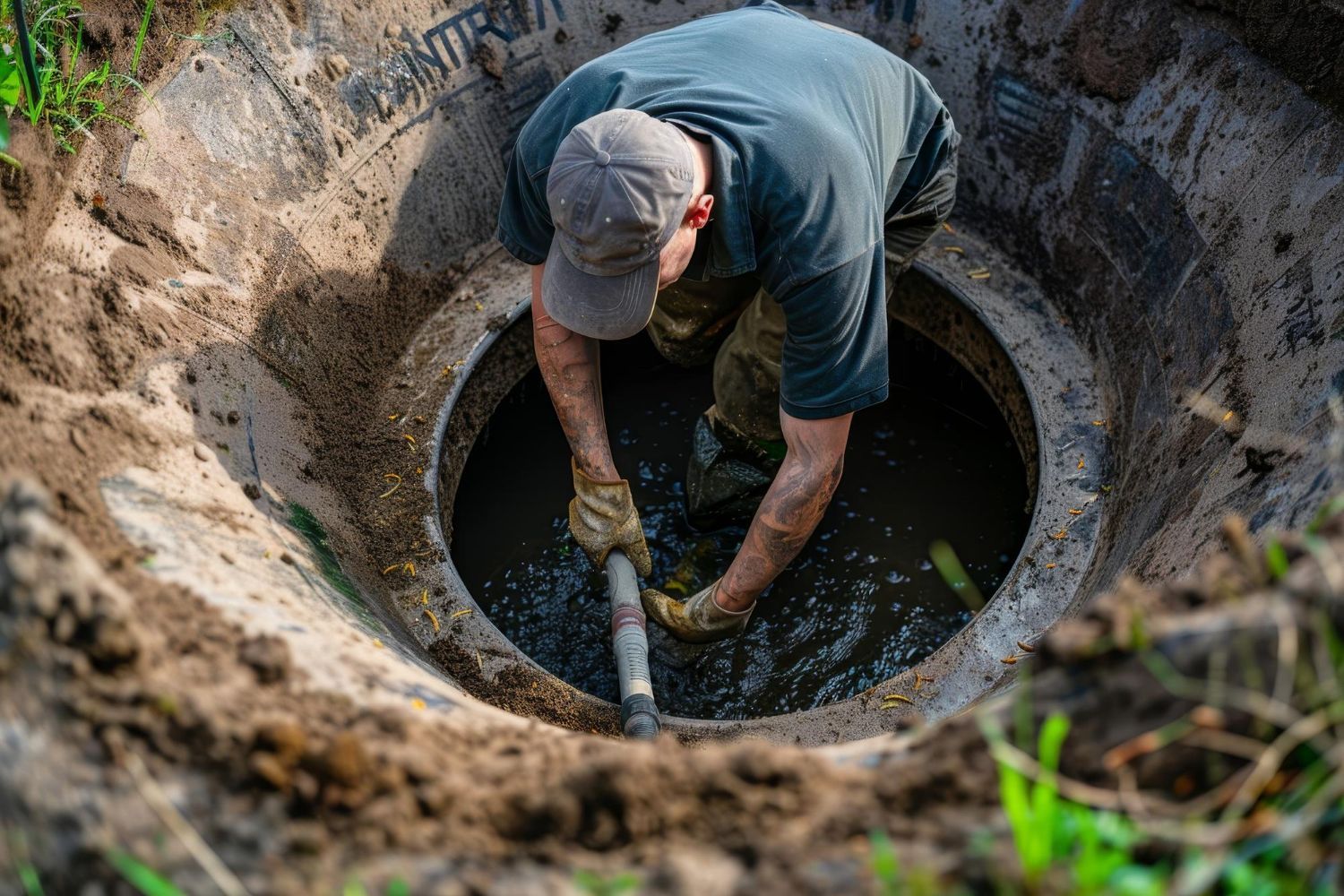
Maintaining a healthy septic system is crucial for any homeowner. Unlike city sewer systems, a septic system is your own personal wastewater treatment facility. When it runs smoothly, you hardly notice it. But when problems arise, it can become a major headache. Recognizing the signs that your septic system needs attention can save you time and money.
A well-functioning septic system is essential for managing household waste. When it's neglected, you might experience unpleasant odors, slow drains, or even sewage backups. These issues not only disrupt your daily life but can also lead to costly repairs if not addressed promptly.
You don't have to be an expert to spot early warning signs of septic problems. Simple observations around your home can provide clues. Identifying these signs and taking action can go a long way in keeping your system functioning correctly.
In this article, we’ll dive into the clear indicators that your septic system needs servicing, the common issues homeowners face, and preventive steps you can take to keep your septic system running efficiently. Understanding these aspects will help you maintain a healthy and trouble-free septic system.
Signs of a Full Septic Tank
A full septic tank can lead to several noticeable issues around your home. It’s important to recognize these signs early to avoid more severe problems. Here are some common indicators:
- Slow Drains: If sinks, toilets, or bathtubs are draining slower than usual, it could mean your septic tank is full. This happens because wastewater can't exit the tank efficiently, causing backups in your pipes.
- Foul Odors: An unmistakable sign of a full septic tank is a strong, unpleasant smell near your drains, toilets, or in your yard around the septic tank area. This odor comes from sewage gases escaping due to the tank's high levels.
- Pooling Water: If you notice unexplained puddles or wet spots in your yard, especially around the drain field, it might be due to an overfilled septic tank. Wastewater can overflow from the tank, seeping into the surrounding soil.
- Sewage Backups: The most worrisome sign of a full septic tank is sewage backing up into your home’s drains. This usually starts with toilets and can spread to other fixtures, creating a health hazard.
Taking action when you see these signs can prevent significant damage and save you from more costly repairs down the line.
Common Septic System Issues and Symptoms
Septic systems can suffer from various problems beyond just a full tank. Understanding these common issues helps in diagnosing and addressing them promptly. Here are some symptoms to watch out for:
- Clogged Pipes: Pipes can become clogged with solid waste or debris, causing slow drainage and backups. Frequent clogs are a sign that something more significant may be wrong.
- Drain Field Failures: The drain field is crucial for filtering out wastewater. If it becomes overloaded or blocked, you might see wet patches in your yard, bad smells, or slow drainage inside the house.
- Tank Leaks: Leaks in the septic tank can lead to soil contamination and water quality issues. If you notice lush patches of grass over your septic tank or remarkably greener plants in certain areas, it could be due to tank leakage.
- Tree Root Intrusions: Tree roots can invade and damage septic pipes, leading to blockages and leaks. If you have trees near your septic system, root intrusion might be a problem. Look for slow drains and wet patches around the system.
Recognizing these symptoms and understanding their causes can help you take the right steps to fix the issues. Regular inspections and prompt action are the keys to maintaining a healthy septic system.
Steps to Take When You Notice Problems
When you start noticing signs of trouble with your septic system, it's essential to act quickly. Ignoring the problem can lead to costly repairs and hazardous conditions. Here’s a simple guide on what to do:
- Stop Using Water: When you first detect a problem, reduce water usage in your home. This lessens the load on your septic system and helps prevent further issues.
- Check for Obvious Issues: Look for visible signs of damage or blockages. Common problems might include clogged drains, backed-up toilets, or soggy areas in your yard near the septic tank.
- Call a Professional: Reach out to a septic service expert immediately. They have the tools and knowledge to diagnose and fix the problem correctly. Describe the symptoms you’ve observed to give them a better idea of what they’re dealing with.
- Avoid Harsh Chemicals: Refrain from using drain cleaners and other harsh chemicals. These can harm the bacterial balance in your septic tank and worsen the issue.
- Document the Problem: Take notes and photos of any issues you observe. This documentation helps your septic professional and can be useful if you need to reference the problem later.
Prompt action ensures that minor issues don’t turn into major headaches, saving you time and money on repairs.
Preventive Measures to Maintain Your Septic System
Maintaining your septic system regularly can prolong its life and prevent frequent issues. A well-maintained system works more efficiently and avoids unpleasant surprises. Here are some easy preventive measures:
- Regular Pumping: Have your septic tank pumped every 3-5 years, depending on household size and usage. This routine keeps solids from building up and clogging the system.
- Watch What Goes Down the Drain: Avoid flushing items like wipes, diapers, and feminine products, as they can cause blockages. Also, limit the use of harsh chemicals that can disrupt the tank’s bacterial balance.
- Conserve Water: Use water-saving fixtures and practice water conservation habits. Less water entering the system reduces the strain and helps maintain a healthy balance.
- Maintain the Drain Field: Keep your drain field free from heavy objects, roots, and excessive water. Divert rainwater and runoff away from the area to prevent it from becoming saturated.
- Inspect Regularly: Conduct regular inspections of your septic system. Look for signs of leaks, unusual odors, and any changes in your grass or landscape over the tank and drain field.
By following these preventive measures, you ensure your septic system remains functional and avoid costly repairs.
Conclusion
A well-maintained septic system is crucial for a healthy and efficient home. Being aware of the signs of a full septic tank and understanding common issues helps you take timely action. Quick response and preventive measures go a long way in ensuring your septic system runs smoothly.
Regular maintenance, mindful water use, and proper care can extend the life of your system, saving you from inconvenient breakdowns and expensive fixes. Keeping an eye on the health of your septic system protects your property and keeps everything flowing smoothly.
If you notice any issues with your septic system or need
residential plumbing services, don’t hesitate to call Apollo Sewer & Plumbing. Our team is ready to help you ensure your septic system stays in top condition. Contact us today!

